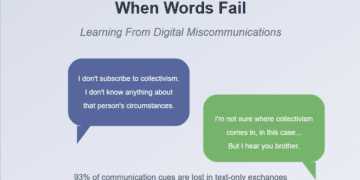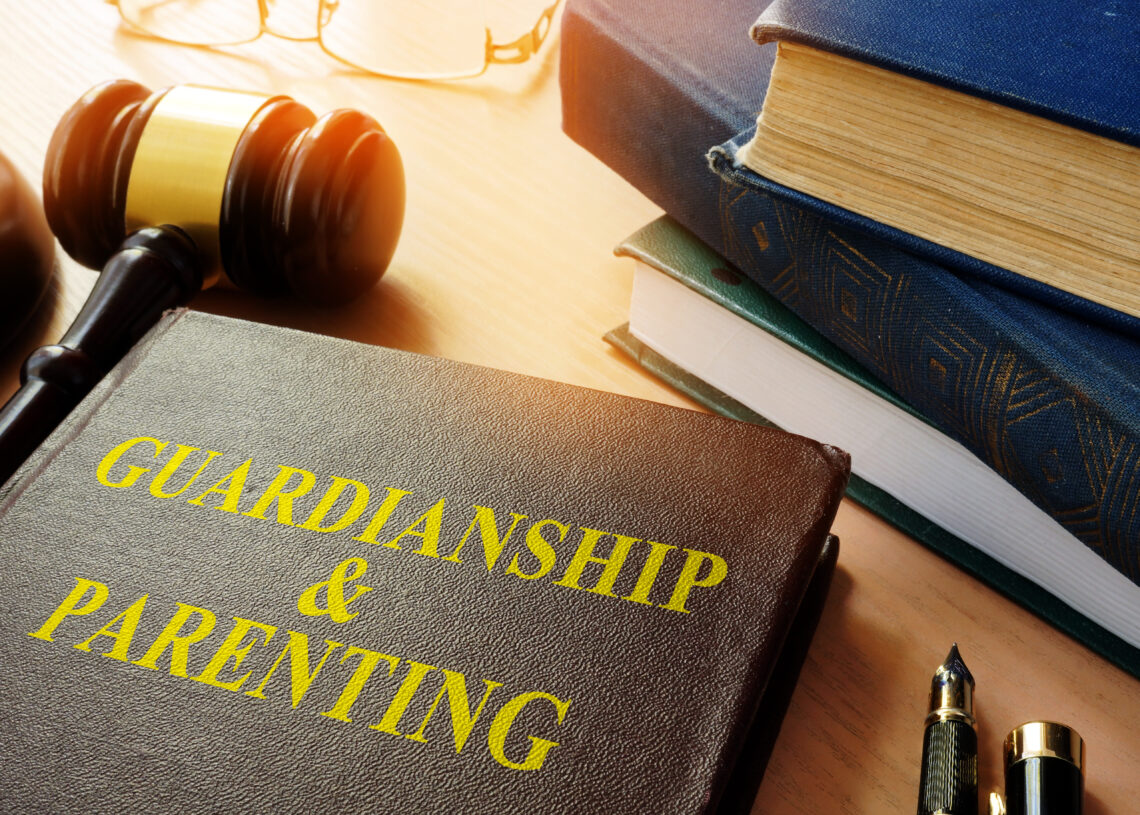A Conversation That Changed My Perspective
Recently, my sister and I were having one of those deep conversations about health and life’s uncertainties. In a moment of seriousness, I asked her, “God forbid, if something happens to you and your child’s father isn’t stepping up (not saying he is not), who would you want to take care of you guys’ child?”
Her answer caught me off guard: “I really haven’t thought about it.”
She mentioned she would discuss this with her child’s father, then turned the question on me, asking if I would take her son if needed. Without hesitation, I told her absolutely!
This exchange highlighted something crucial that many of us overlook: the importance of having these difficult conversations and putting proper arrangements in place for our children’s future. As someone who takes money and risk management seriously, I know firsthand that documenting your wishes is essential. But what happens when parents disagree about who should raise their children if the unthinkable occurs?
Tomorrow Isn’t Promised
Life is fragile and unpredictable. While none of us want to contemplate scenarios where we’re no longer around to raise our children, failing to plan can leave the most important people in our lives vulnerable to uncertainty.
“The greatest gift you can give your children isn’t protection from change, challenge, or difficulty, but the confidence and tools to cope and grow with all that life has to offer.” – Unknown
Documentation Is Key
Having the right documentation in place ensures your wishes regarding your children’s care are known and legally recognized. Here are the essential documents to consider:
| Document | Purpose | Renewal/Update Frequency |
|---|---|---|
| Will | Names guardians for minor children and distributes assets | Review every 3-5 years or after major life events |
| Letter of Intent | Provides detailed guidance on raising your children | Update yearly |
| Life Insurance | Provides financial support for children’s guardians | Review coverage annually |
| Power of Attorney for Minor Child | Authorizes someone to make decisions for your child in your absence | Renew as required by state law |
| Medical Information Release | Allows guardians to access children’s medical records | Update with healthcare changes |
When Parents Don’t Agree
Disagreements about potential guardians can create significant tension between partners or co-parents. These conflicts often stem from different priorities regarding:
- Family values and parenting styles
- Religious or cultural upbringing
- Geographic location and stability
- Financial responsibility
- Existing relationships between potential guardians and the children
My sister’s situation made me wonder: What if she and her child’s father disagree about who should raise their son if neither could do so?
Finding Common Ground
If you find yourself in disagreement with your child’s other parent about guardianship arrangements, consider these approaches:
- Focus on your child’s best interests
Set aside personal preferences and concentrate on what would truly benefit your child. - Create a guardianship criteria list
Separately list what qualities, values, and circumstances you believe are most important for potential guardians. Compare lists to find common ground. - Consider compromise options
Perhaps different guardians could be named for different scenarios or children, or co-guardianship arrangements could be established. - Seek professional mediation
Family mediators specialize in helping parents work through difficult decisions. They can facilitate productive conversations focused on reaching consensus. - Consult with potential guardians
The people you’re considering may have input that helps resolve the conflict. They might decline, have suggestions, or express limitations.
“The best way to resolve any problem in the human world is for all sides to sit down and talk.” – Dalai Lama
Legal Considerations
While courts generally honor parents’ written wishes regarding guardianship, they ultimately make decisions based on the “best interests of the child” standard. When parents leave conflicting instructions, the court will consider:
- The relationship between the child and potential guardians
- The child’s wishes (if old enough to express them)
- Stability of the proposed living arrangement
- Ability to maintain important relationships in the child’s life
- Any special needs the child may have
If you’ve reached an impasse, consulting with a family law attorney can provide options specific to your situation and jurisdiction. Many offer initial consultations at reasonable rates or even free of charge. Find a family law attorney near you.
Moving Forward
My conversation with my sister reminded me that these discussions, while uncomfortable, are essential. I’ve scheduled time with my partner to review our own guardianship plans and ensure we’re aligned in our thinking.
For those raising children with someone with whom you don’t agree on guardianship:
- Document your current individual preferences officially
- Continue working toward consensus
- Review and update your arrangements regularly
- Ensure your children have relationships with potential guardians
- Consider creating a trust with specific instructions about your children’s upbringing
Life is indeed fragile, and tomorrow isn’t promised. The greatest gift we can give our children is ensuring they’ll be cared for according to our wishes, even when we can’t be there ourselves—and even when reaching agreement on those wishes is challenging.
Have you had these important conversations yet? Who would care for your children, and does everyone involved agree? The time to address these questions is always now.
Disclaimer: This article provides general information and should not be construed as legal advice. Consult with an attorney licensed in your jurisdiction for guidance specific to your situation.















































